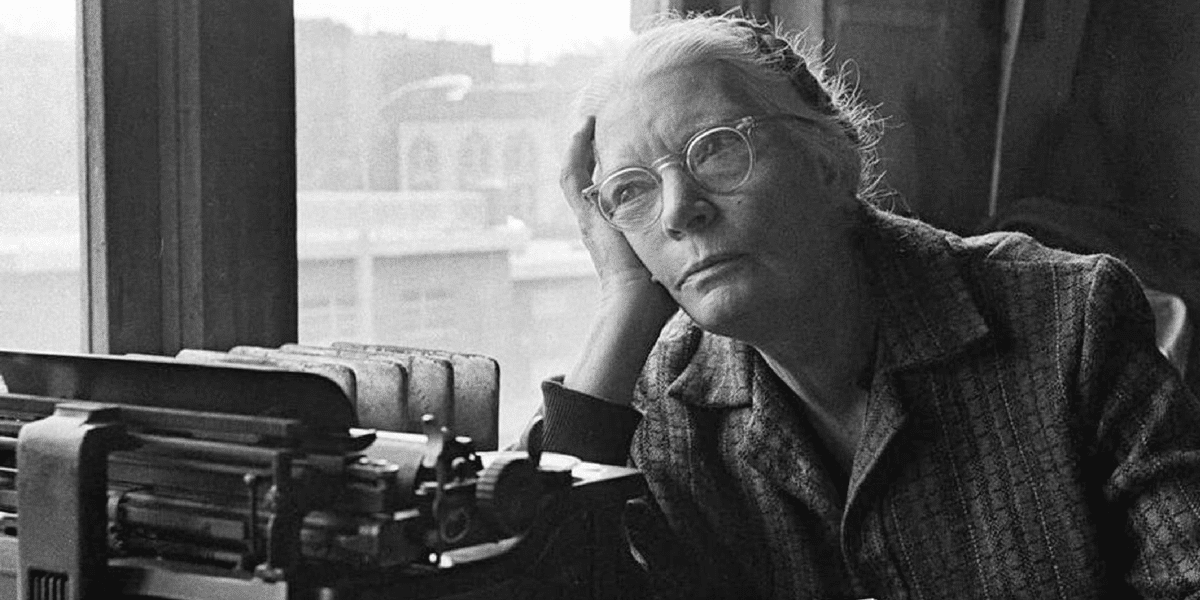
Politics: Week 1
Contemplation in Action
Monday, July 9, 2018
What is the relation of [contemplation] to action? Simply this. He [or she] who attempts to act and do things for others or for the world without deepening his own self-understanding, freedom, integrity and capacity to love will not have anything to give others. He will communicate to them nothing but the contagion of his own obsessions, his aggressiveness, his ego-centered ambitions, his delusions about ends and means, his doctrinaire prejudices and ideas. There is nothing more tragic in the modern world than the misuse of power and action. . . . —Thomas Merton [1]
There is no such thing as being non-political. Everything we say or do either affirms or critiques the status quo. To say nothing is to say something: The status quo—even if it is massively unjust and deceitful—is apparently okay. The silence of many Christians is used to legitimize the United States’ obsession with weapons, its war against the poor, Israel’s clear abuse of Palestine, politicians who are “pro-life” on the issue of abortion but almost nothing else, the de facto slavery of mass incarceration, and on and on.
As humans we can’t help but be political whether we recognize it or not—so let’s learn how to participate in the public forum as God’s image and likeness! Over the years, I’ve met many social activists who were advocating for crucial justice issues, but they were still largely living out of their false self with the need to win and look good—and defeat “the enemy.” They might have the answer, but they are not themselves the answer. In fact, they are part of the problem because they still trust in power over love.
Jesus and other great spiritual teachers first emphasize a primal transformation of consciousness. Untransformed liberals often lack the ability to actually sacrifice the self or build any spiritual foundation beyond the next victory. The Left usually has the gift of critical thinking, but that very mind is often too negative and arrogant. It doesn’t know how to collaborate in a non-partisan way. In its idealism, the Left often becomes ideological, dualistic, individualistic—problem-solvers more than long-term rebuilders. Liberals are seldom faithful to any lasting community. Thus, they become something other than Love.
The Right, on the other hand, idolizes anything that preserves its own privilege and status quo, but often neglects to ask, “Is this bearing any fruit for others?” Conservatives confuse their private order with universal order, confusing order itself with the Reign of God (this despite both Jesus’ and Paul’s clear dismissal of the law as salvific). Nor do they see that the law and order they invoke is usually highly self-serving. The conservative gods are normally personal security and well-being. The Right—even most conservative “Christians”—considers calls to universal love naïve, ridiculous, and even dangerous.
Liberals, however, tend to have high and good ideals, but tend not to rely upon any collective or truly spiritual foundation to make these ideals believable or lasting. Their god is often individual freedom and choice more than real love in action. Faithfulness is not high on their list of values. They do not commit to much of anything. Both groups avoid love in different ways. In the end, both sides are highly individualistic. Rare is the Christian who draws upon the common good (Tradition) and also serves the common good (Love in action).
References:
[1] Thomas Merton, Contemplation in a World of Action, 2nd ed. (University of Notre Dame Press: 1998), 160-161.
Adapted from Richard Rohr, Contemplative Prayer (Center for Action and Contemplation: 2007), CD, MP3 download;
Everything Belongs: The Gift of Contemplative Prayer (The Crossroad Publishing Company: 1999), 73-75; and
“Introduction,” “Politics and Religion,” Oneing, vol. 5 no. 2 (Center for Action and Contemplation: 2017), 12, 13.

